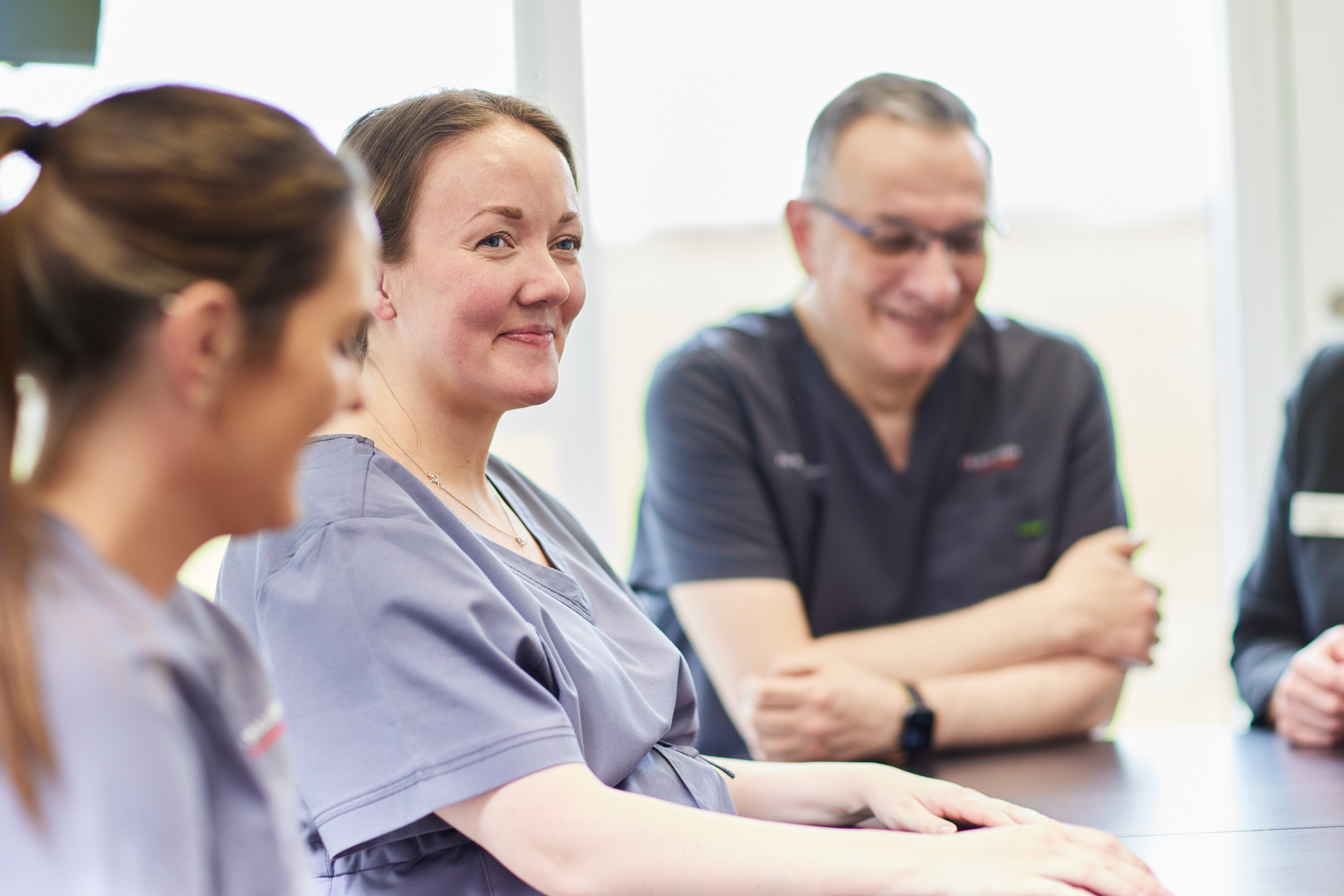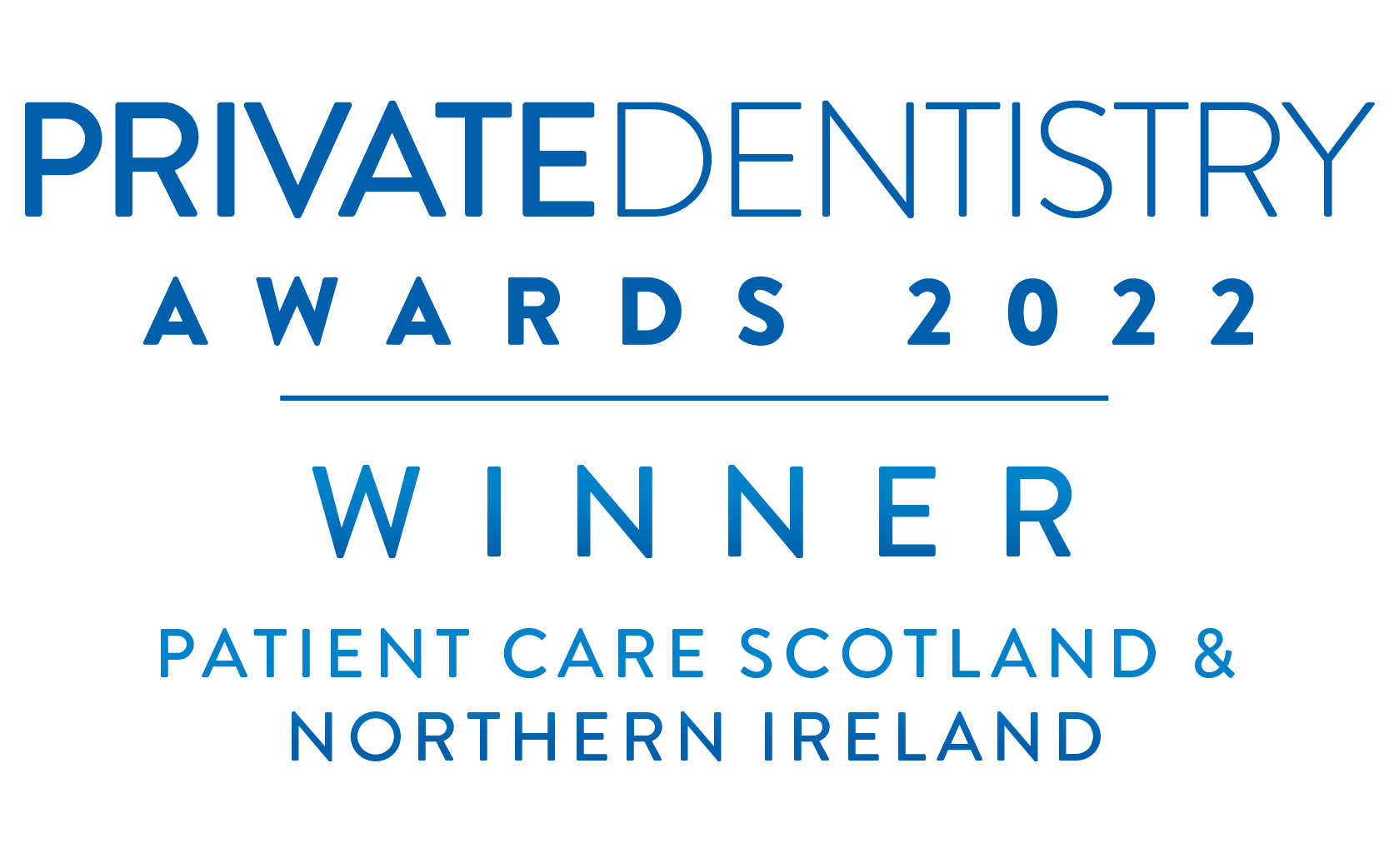
Our oral surgeons are very involved with dental implant patients, as they are responsible for providing the foundations for our prosthodontists who restore your smile. Some of the services they provide include guided tissue regeneration and sinus grafts.
It’s quite common that patients are referred to Vermilion for dental implants where the bone at the site of the gap lacks width. If this occurs, in most cases, we are able to predictably place the implant and augment the bone width at the time of surgery using animal derived particulate bone graft materials. These are normally overlaid with a plasma membrane derived from your own blood (PRF).
Sinuses are large air-filled cavities inside the structure of our skull. When we lose upper molar teeth, over time the bone that used to support the teeth can be lost, this process is known as resorption. This can lead to the sinus expanding into the tooth root area meaning there is insufficient bone to support an implant.
To encourage bone growth, our oral surgeons will insert animal or human derived bone material under the sinus lining. Following a six-month healing period, new bone will have formed allowing us to place the implant. This procedure offers hope for patients who have been previously advised that they do not have enough bone to support a dental implant.
We are committed to ensuring that your treatment is as pleasant and comfortable as possible. We offer sedation for nervous or anxious patients.
Most patients require painkillers for one or two days post-surgery. Some patients require painkillers for longer, especially if they have had more extensive oral surgery. Post-operative swelling is common and this tends to peak two days after the procedure. If you do experience swelling, you may also develop bruising. This can be evident on the face around day three or four, but is typically gone by day seven or eight. It takes two weeks for the stiches to dissolve and during that period it is wise to avoid tough or chewy food.
There are two levels of intravenous sedation at Vermilion. The first is where our oral surgeon administers intravenous midazolam to enable their own surgical procedures, which normally last one to two hours. This is ideal for extracting wisdom teeth and smaller implant surgeries. Where the procedure is expected to last for longer than one to two hours, our inhouse anaesthetist can administer midazolam, propofol and alfentanil to maintain ideal sedation conditions for both you and our oral surgeon.
If you are having sedation it is critical that you have a chaperone; someone to bring you in and take you home. You should not be alone overnight. And for 24 hours thereafter you must not work, drive, operate domestic appliances or machinery, send emails etc. This is because your reflexes and judgement can be subtly impaired by the sedation drugs.
If you are having dental implant surgery under local anaesthetic you can return to work straight away, however most patients take the rest of the day off. If you are having sedation you will need to take two days off: the day of surgery and the following day. If you are having “All on 4” implant surgery or extensive grafting it is advised that you take a week off work.
Wisdom teeth only need to be removed if they are causing a problem. Many patients retain their wisdom teeth throughout life. But if the tooth becomes decayed, you are experiencing repeated infection in the surrounding gum or you are bothered by food impaction and bad taste then the best course of action is to remove the wisdom tooth.
Read Vermilion’s post-oral surgery patient advice here.


